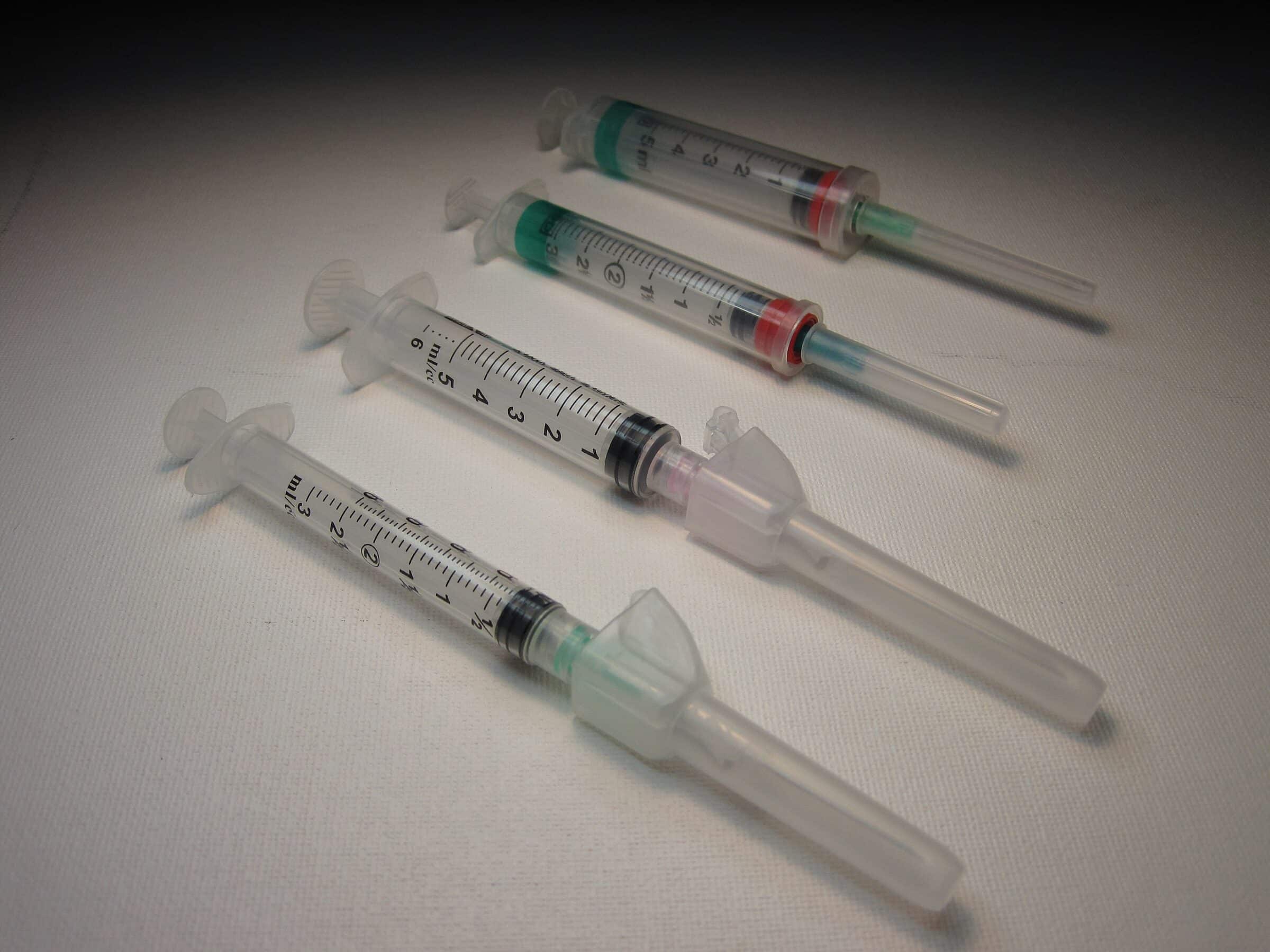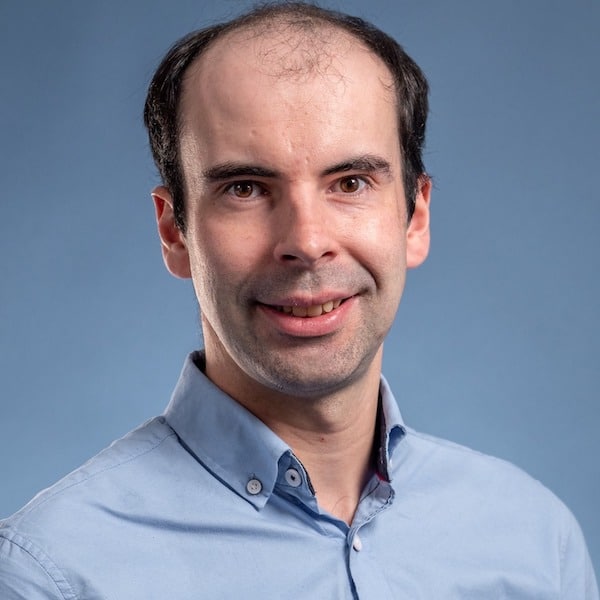 Culture & Ethics
Culture & Ethics
 Medicine
Medicine
Here Comes “Non-Medical” Assisted Suicide

Certain strains of the euthanasia-advocacy movement believe doctors don’t need to be involved when someone wants to die. For example, the fanatics of Final Exit Network have taught people how to kill themselves, with a couple convicted of assisting via helium.
More infamously, Dr. Philip Nitschke of Australia, who has traveled the world teaching suicide courses, once told Kathryn Jean Lopez that he thought “troubled teens” should have access to “suicide pills,” which, he opined, should be sold in supermarkets. He even conjured a suicide pod by which people could make themselves dead using nitrogen.
A Non-Medical Model
The idea of a non-medical model for assisted suicide was just pushed again by bioethics professor Eric Mathison. From the assisted-suicide-boosting Thaddeus Mason Pope’s Medical Futility blog (an excellent resource on these issues, reported by Pope objectively):
Eric Mathison proposes a non-medical model of assisted dying.
The current, dominant model of MAID requires patients to get approval from healthcare providers before getting access to assisted suicide and euthanasia. This is problematic for a couple of reasons.
First, there’s a theoretical problem — namely, it’s paternalistic because it requires a healthcare professional to be convinced that the patient is suffering intolerably. And second, there’s a practical problem because there aren’t enough healthcare professionals who provide the service.
In response to these problems, Mathison believes that (1) the only requirement that a patient needs to meet is that they are making an autonomous choice, and (2) that non-medical personnel should be able to assist in their deaths.
That’s Only Logical
Killing/suicide isn’t a medical act. So why should it be restricted to doctors and nurse practitioners?
Some might think I’m being an alarmist. Kooks propose all kinds of things. It will never actually happen!
Sorry, it’s already come to pass. Germany’s highest court declared a fundamental right to commit suicide, to be assisted in suicide by any willing accomplice, and to assist a suicide — without regard to why someone wants to die, meaning no health reasons required. From the decision (my emphasis):
The right to a self-determined death is not limited to situations defined by external causes like serious or incurable illnesses, nor does it only apply in certain stages of life or illness. Rather, this right is guaranteed in all stages of a person’s existence. . . . The individual’s decision to end their own life, based on how they personally define quality of life and a meaningful existence, eludes any evaluation on the basis of general values, religious dogmas, societal norms for dealing with life and death, or consideration of objective rationality. It is thus not incumbent upon the individual to further explain or justify their decision; rather their decision must, in principle, be respected by state and society as an act of self-determination.
The Court Wasn’t Done
The right to suicide also includes a right to assist suicide:
The right to take one’s own life also encompasses the freedom to seek and, if offered, utilize assistance provided by third parties for this purpose. . . . Therefore, the constitutional guarantee of the right to suicide corresponds to equally far-reaching constitutional protection extended to the acts carried out by persons rendering suicide assistance.
Death on demand, for any reason, at any time, by anyone — with the possible exception of children — and assisted by whomever for any reason. This is the ultimate destination of the euthanasia movement, whether by design or simple logical consequence.
If we keep boosting the propriety of some suicides, we will eventually reap what we sow.
Cross-posted at National Review.

